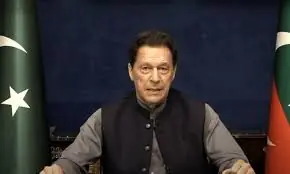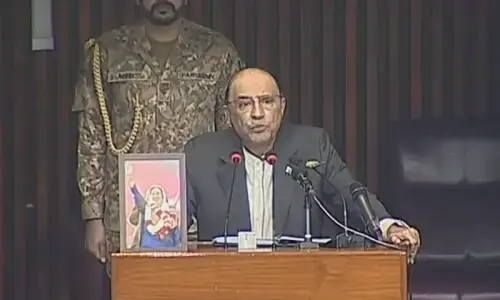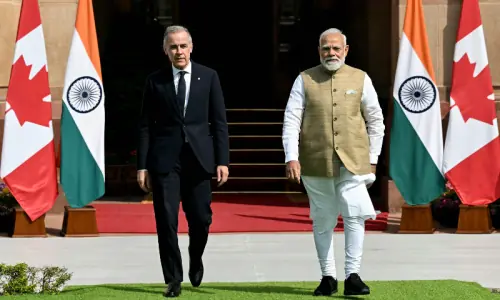WASHINGTON: President Donald Trump’s administration is exploring hardening its approach towards Pakistan to crack down on alleged Pakistan-based militants reportedly launching attacks in Afghanistan, US officials say.
Potential Trump administration responses being discussed include expanding drone strikes, redirecting or withholding some aid to Pakistan and perhaps eventually downgrading its status as a major non-Nato ally, according to the officials.
Some officials, however, are sceptical of the prospects for success, arguing that years of previous efforts to force a change in Pakistan’s policies have failed, and that already strengthening US ties with India undermine chances of a breakthrough with Islamabad.
Pakistani govt source doubts that Trump will pressurise country too much
American officials say they seek greater cooperation with Pakistan, not a rupture in ties, once the administration completes a regional review of the strategy guiding the 16-year-old war in Afghanistan. Precise actions have yet to be decided.
“The United States and Pakistan continue to partner on a range of national security issues,” Pentagon spokesman Adam Stump said.
But the discussions alone suggest a shift towards a more assertive approach to address alleged militant havens in Pakistan that have been blamed for helping turn Afghanistan’s war into an intractable conflict.
Although long mindful of Pakistan, the Trump administration in recent weeks has put more emphasis on the relationship with Islamabad in discussions as it hammers out a regional strategy to be presented to Trump by mid-July, nearly six months after he took office, one official said.
“We’ve never really fully articulated what our strategy towards Pakistan is. The strategy will more clearly say what we want from Pakistan specifically,” the official said.
Other officials warn of divisions within the government about the right approach and question whether any mix of carrots and sticks can get Islamabad to change its behaviour. At the end of the day, Washington needs a partner, even if an imperfect one, in Pakistan, they say.
The United States is again poised to deploy thousands more troops in Afghanistan, an acknowledgment that US-backed forces are not winning and Taliban militants are resurgent.
Without more pressure on militants within Pakistan who allegedly target Afghanistan, experts say additional troop deployments will fail to meet their ultimate objective: to pressure the Taliban to eventually negotiate peace.
Kabul has long been critical of Pakistan’s role in Afghanistan.
Pakistan fiercely denies allowing any militant safe haven on its territory. It bristles at US claims that the Inter-Services Intelligence (ISI) directorate has ties to Haqqani network.
Read more: Pakistan did ‘helpful things’ against Haqqanis: US general
“What Pakistan says is that we are already doing a lot and that our plate is already full,” a senior Pakistani government source said.
The source doubted that the Trump administration would press too hard, saying: “They don’t want to push Pakistan to abandon their war against terrorism.”
Published in Dawn, June 21st, 2017































